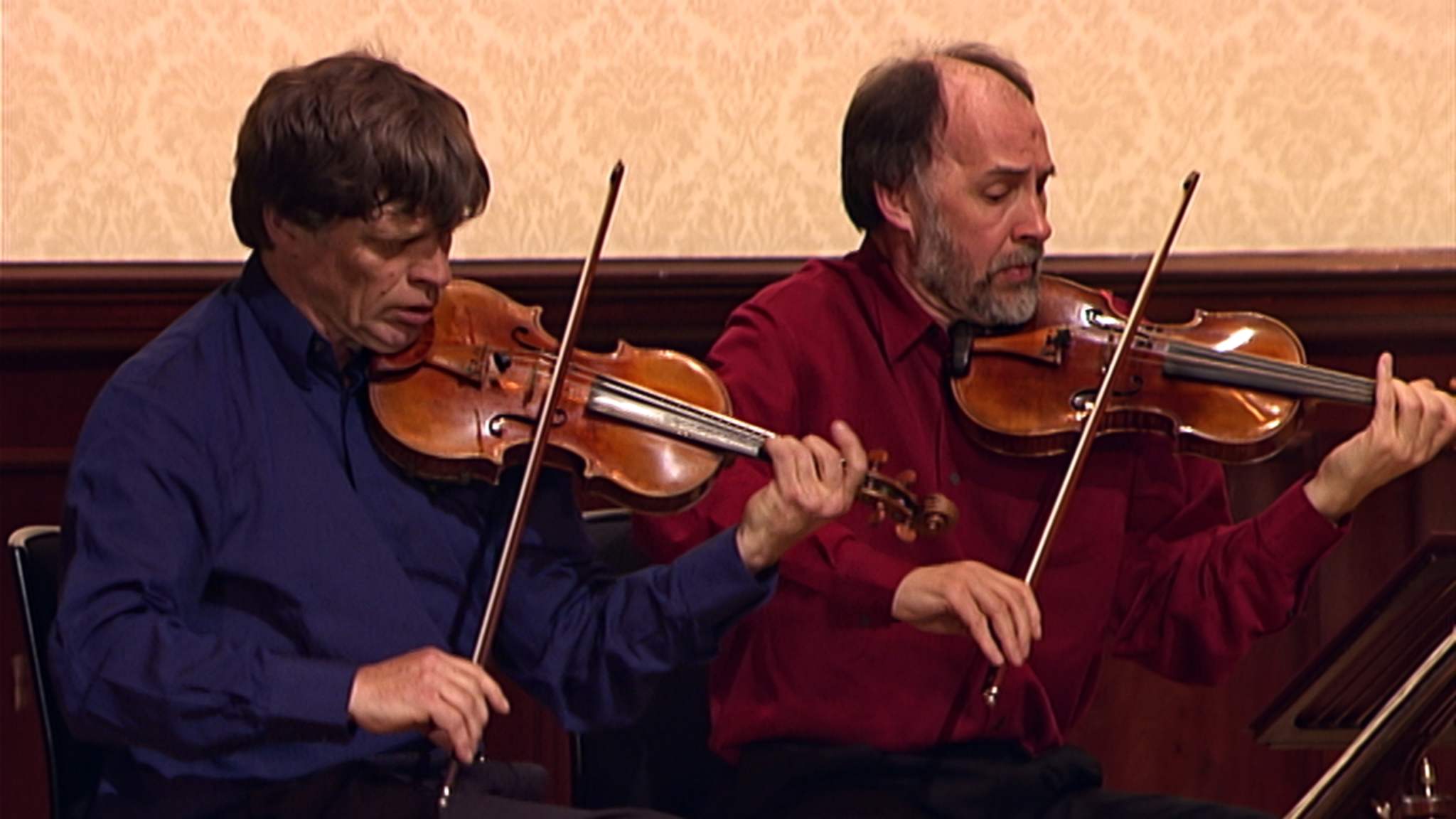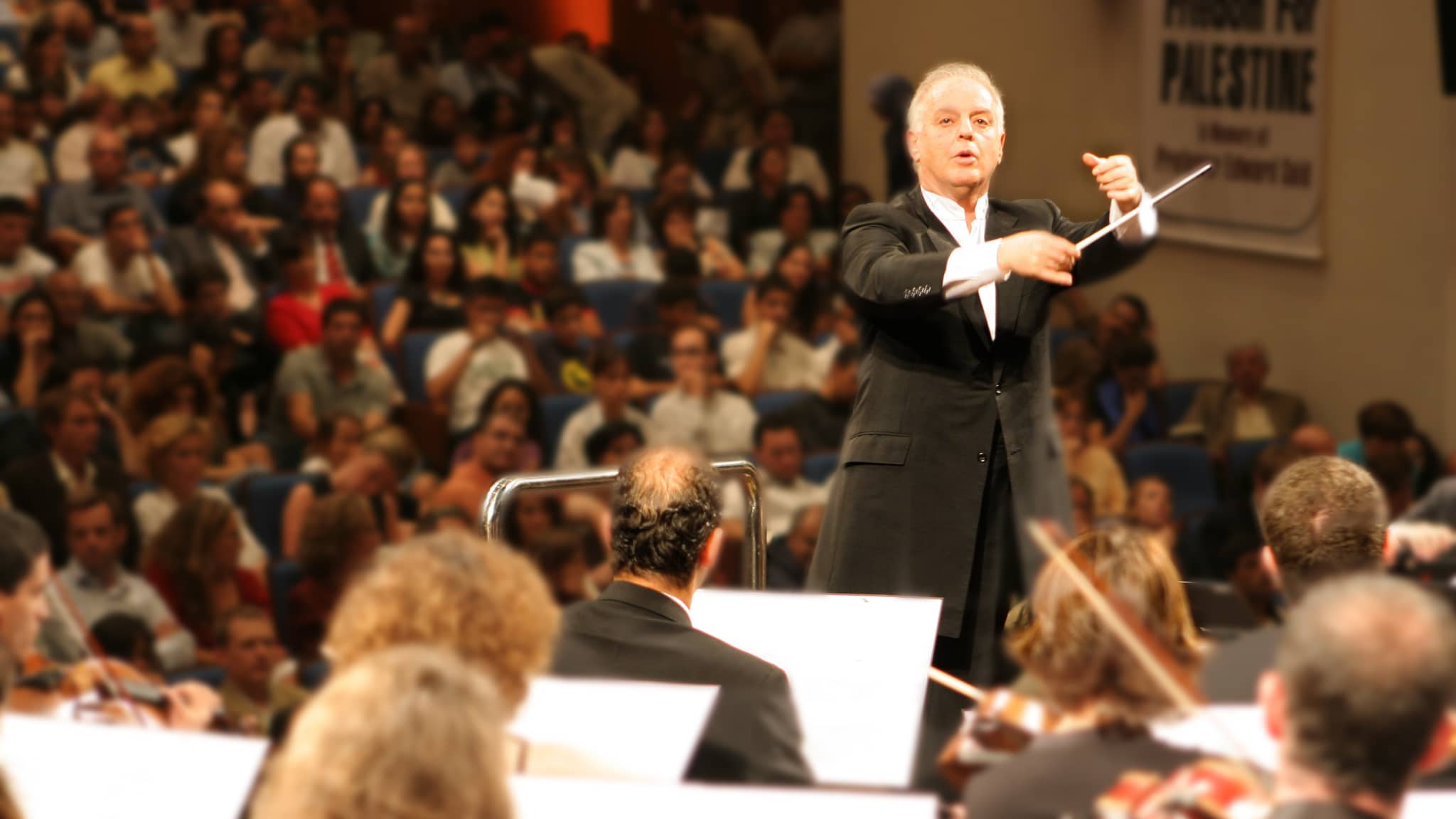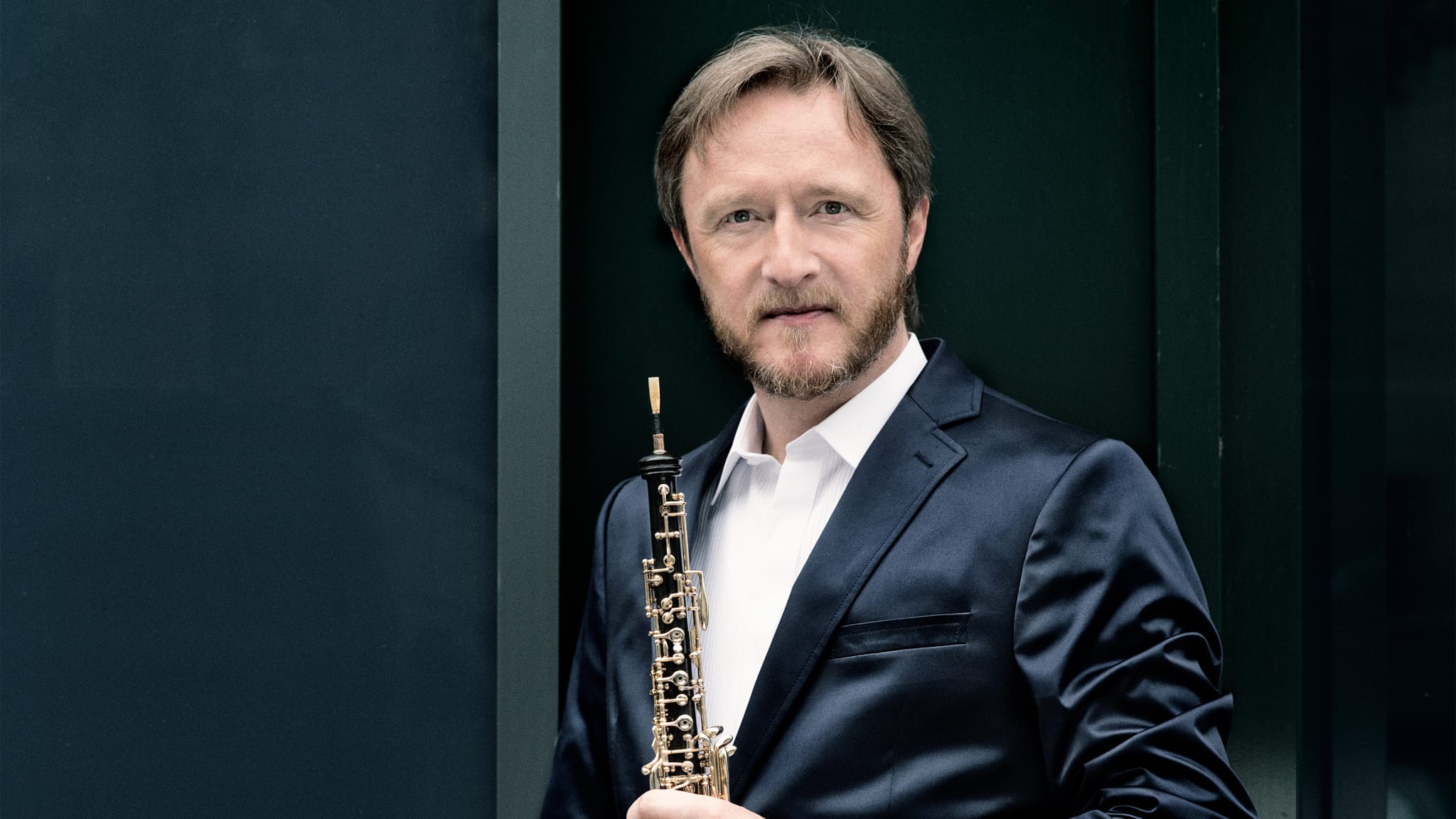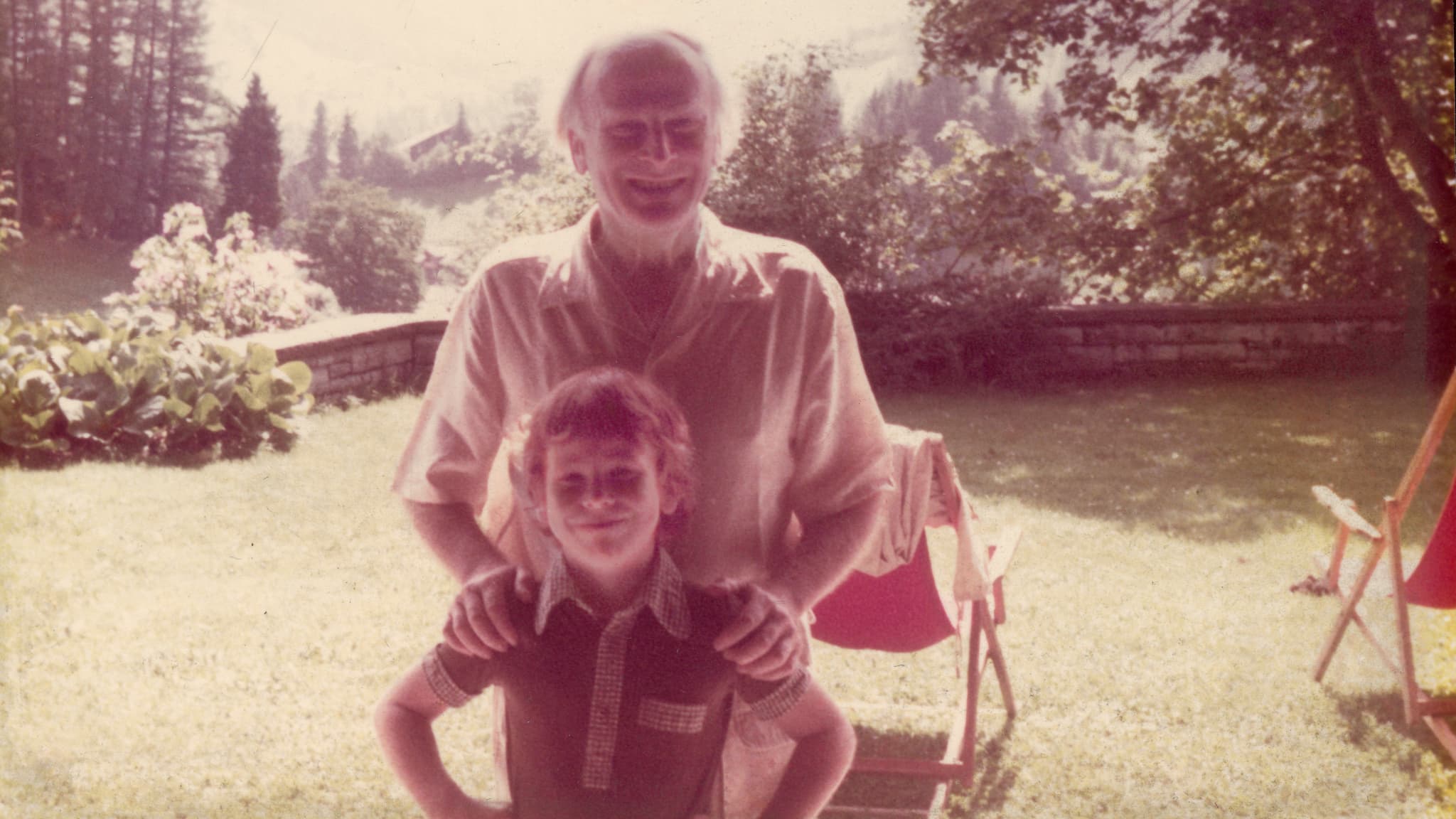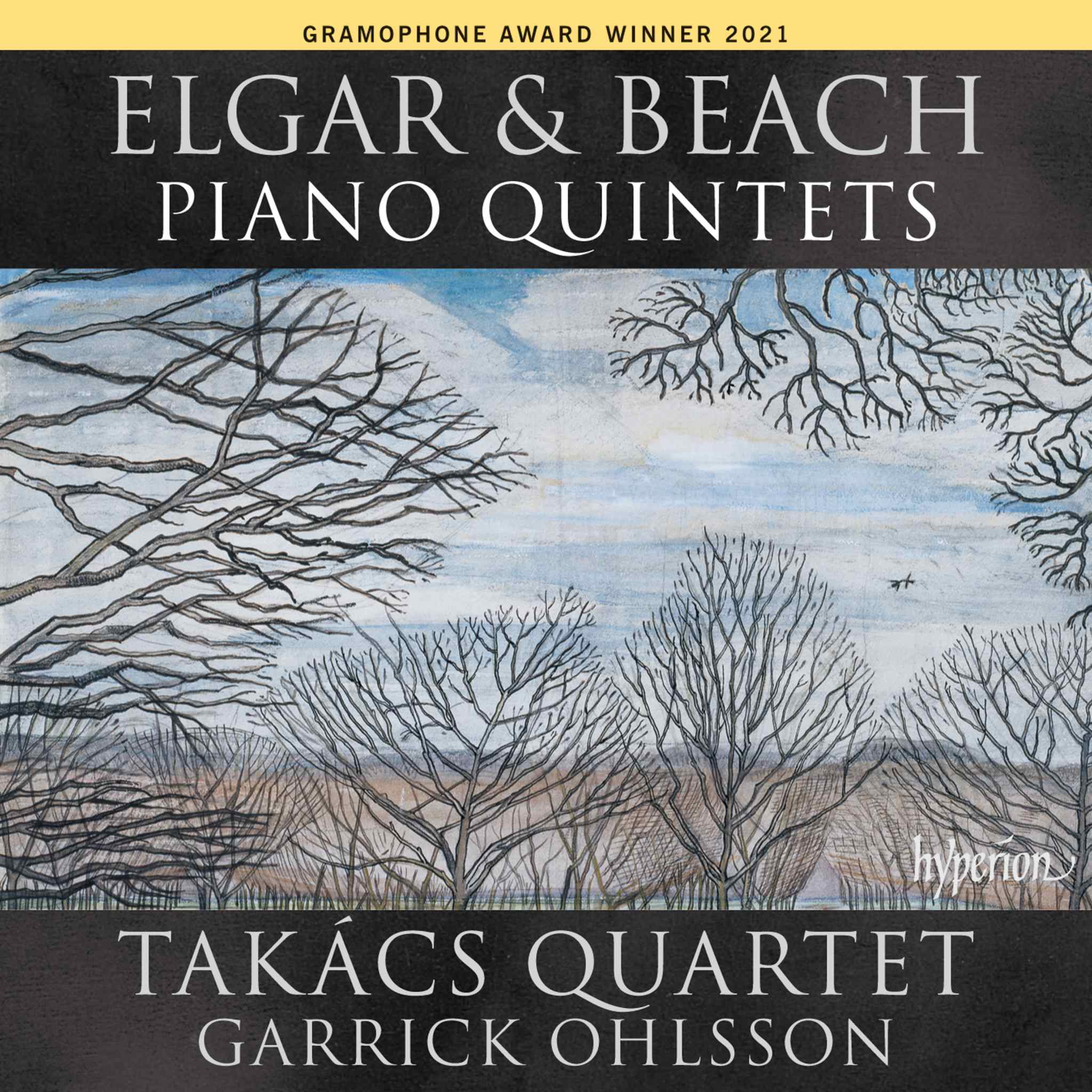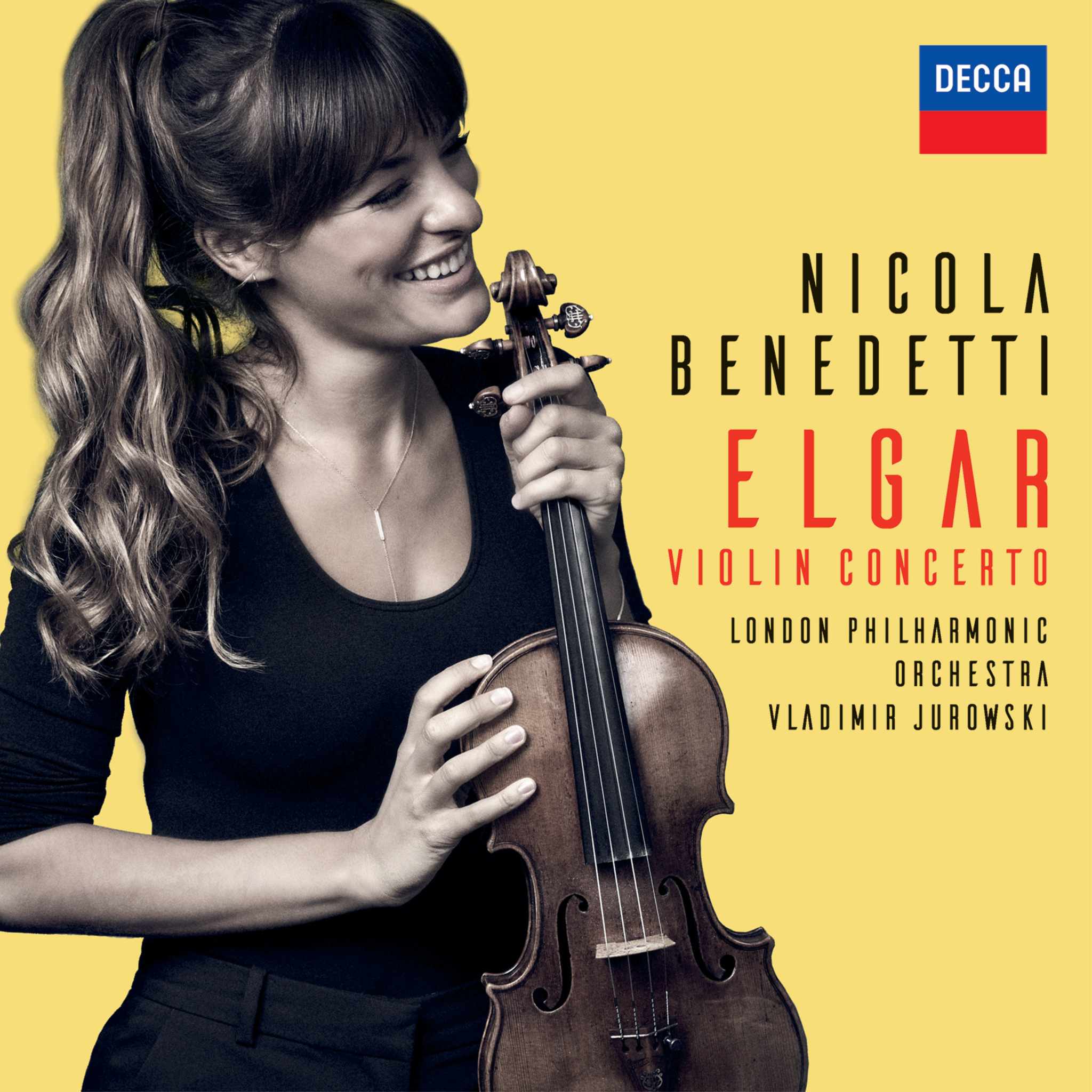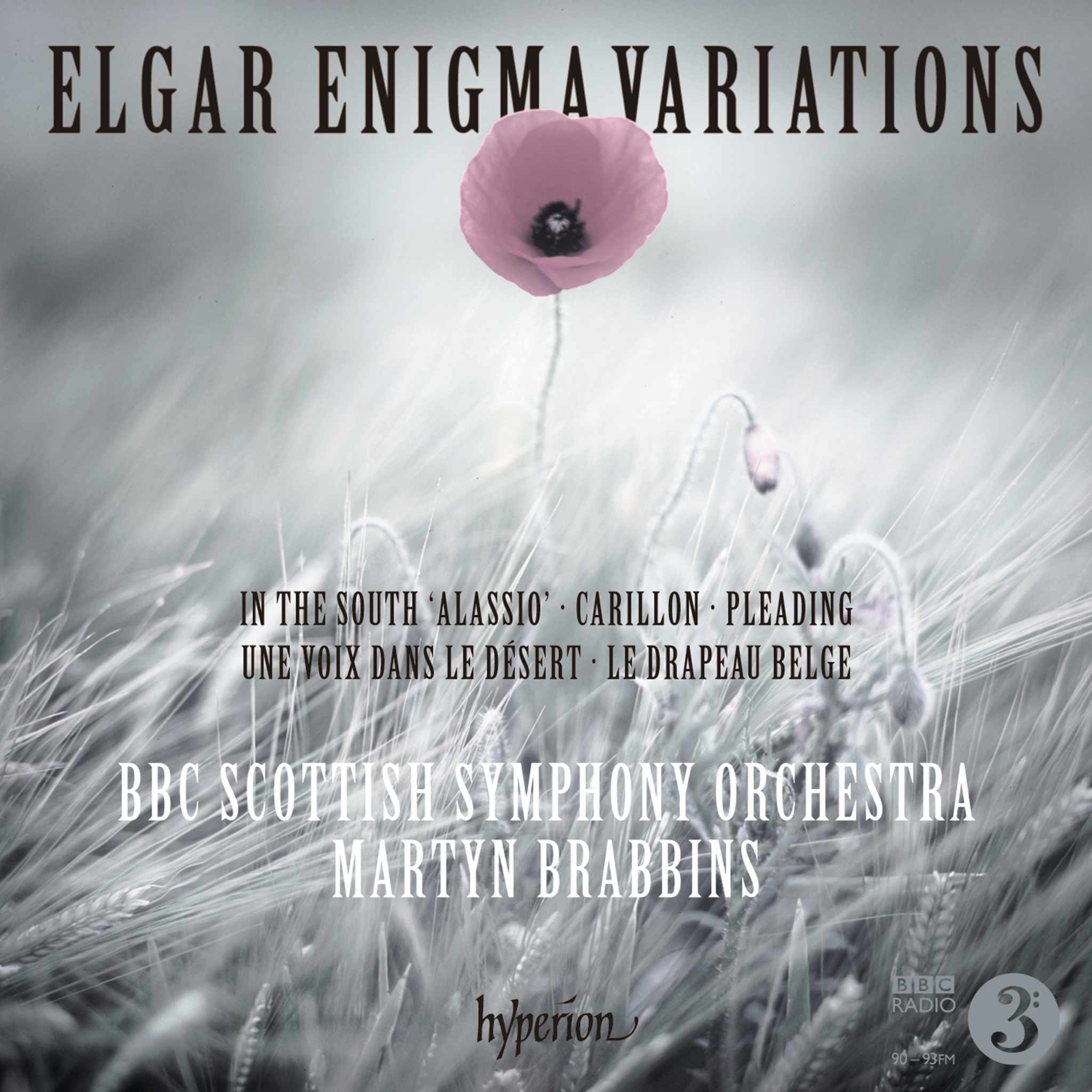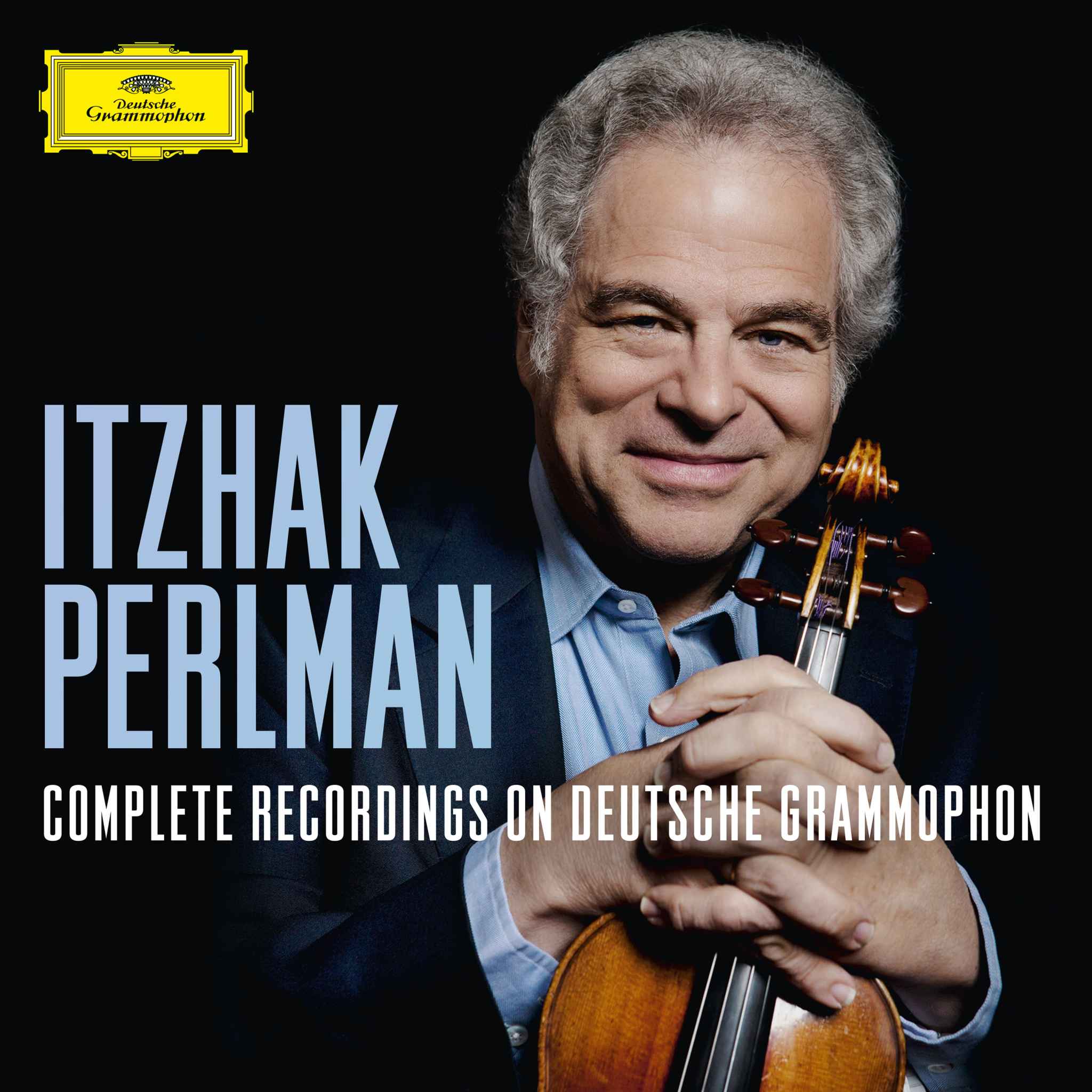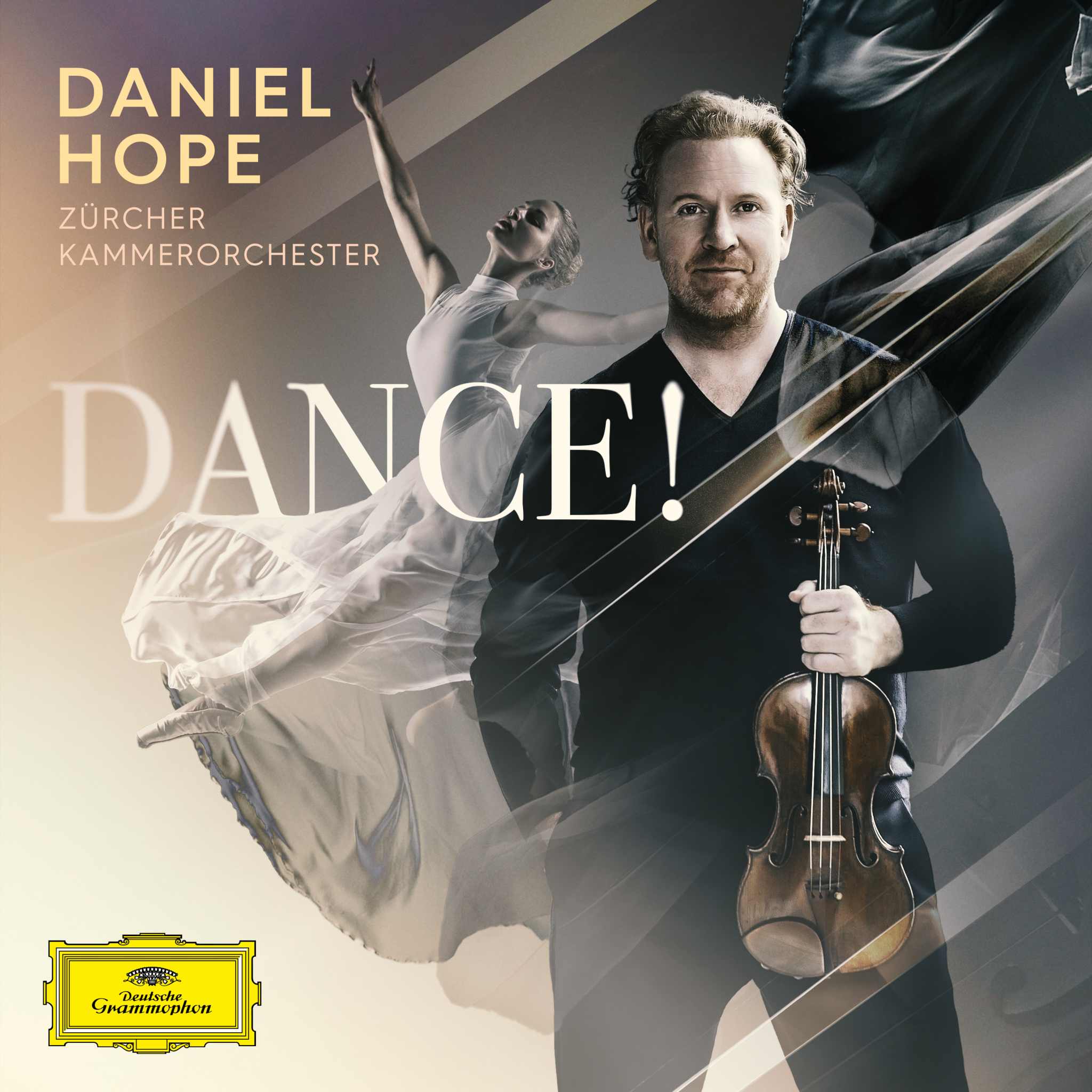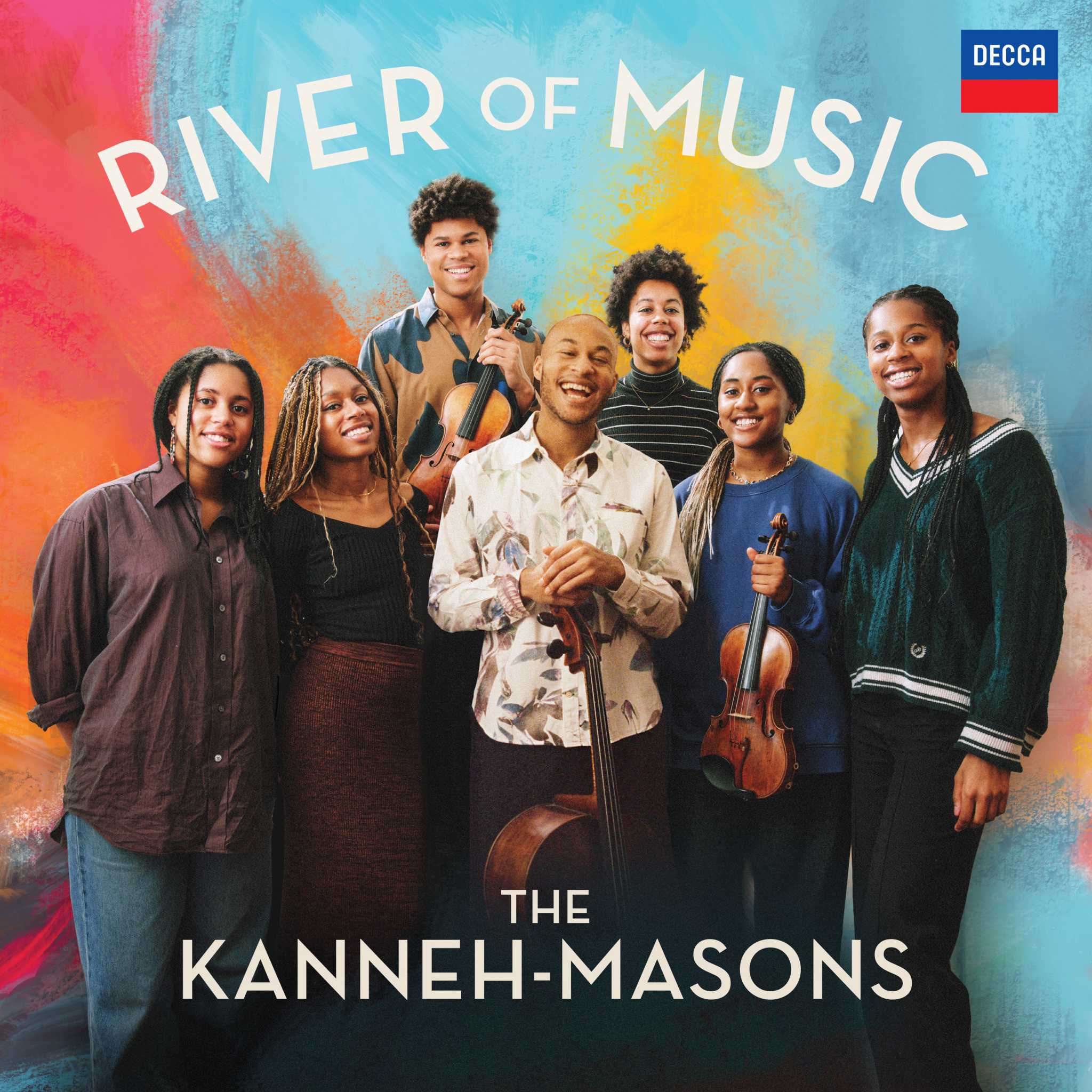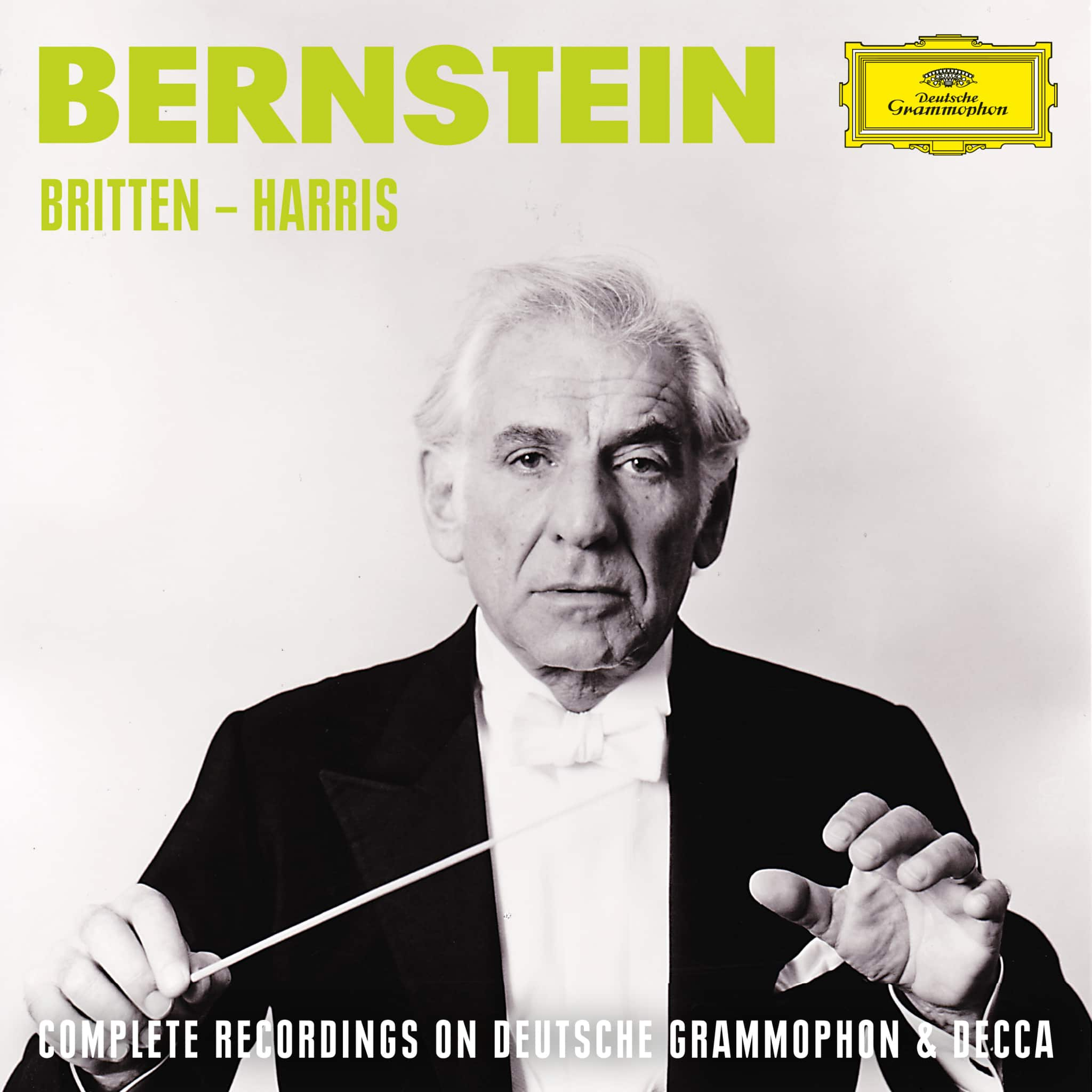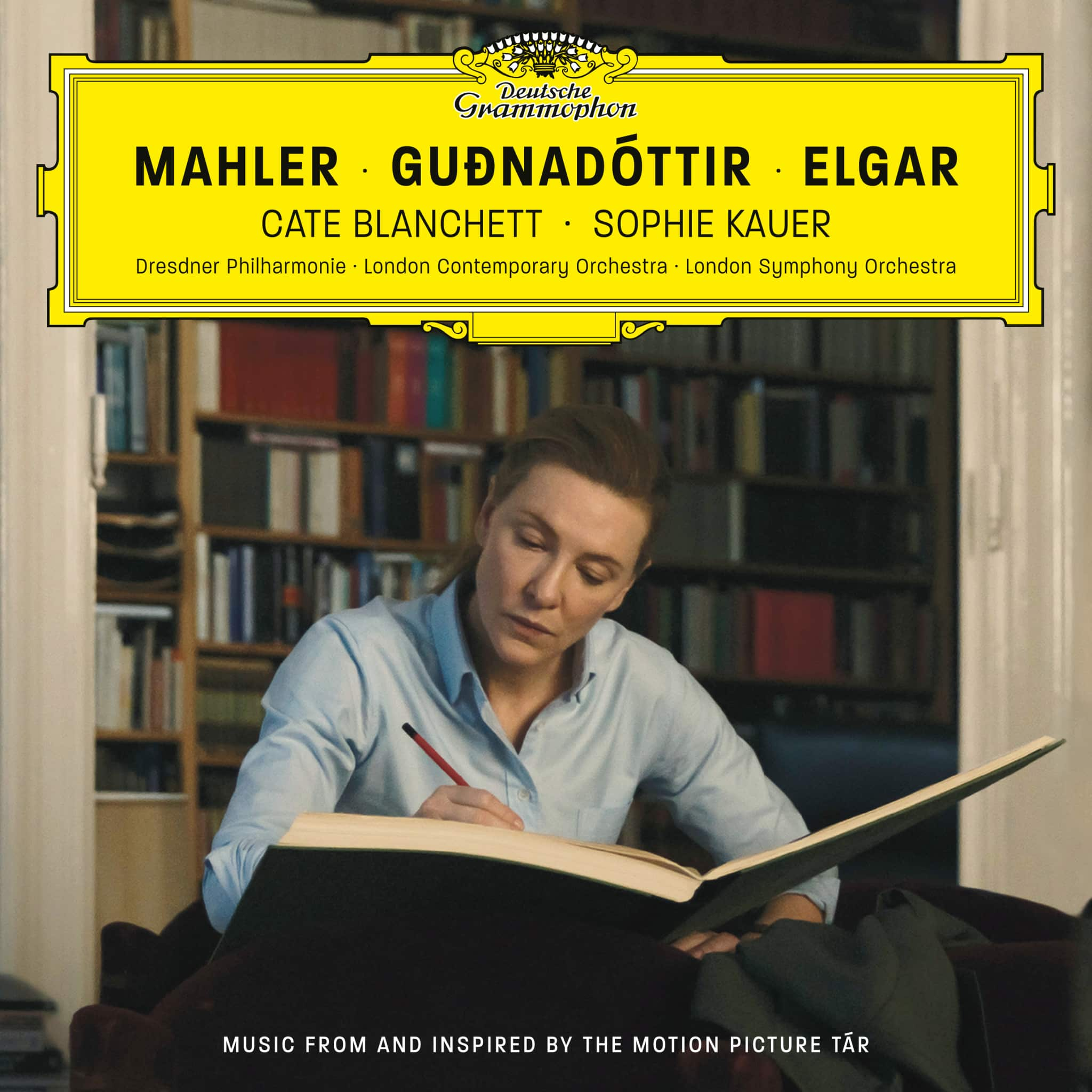Edward Elgar's Musical Legacy in Retrospect
Edward Elgar, born on June 2, 1857, in Lower Broadheath, near Worcester, England, was a predominantly self-taught English composer who rose to success in his 40s, starting with the triumphant performance of his original Enigma Variations in 1899. His works reflect a blend of English choral tradition and orchestral influences from continental Europe, such as Berlioz and Richard Strauss. Despite early disappointments like The Dream of Gerontius, his unwavering fixation with the English choral tradition gradually led him to be recognized for his exceptional orchestration skills and smaller-scale compositions.
A Deep Dive into Elgar's Musical Roots
Elgar was born into the musical era of Victoria and Edward VII. His compositions, including the Enigma Variations, The Dream of Gerontius, and the Pomp and Circumstance Marches, particularly the first march which became the melody for "Land of Hope and Glory," an unofficial British anthem, are celebrated for their grandeur and emotional depth. His Cello Concerto in E minor, composed during a period of personal loss, reflects deep sadness and emotion.
Personal Life and Career
Elgar's life was marked by both success and personal struggles. He married Alice Roberts in 1889, which helped him socially. Despite his later success, Elgar's creativity waned after the death of his wife in 1920, and he remained largely silent during his final years.
Celebrating Elgar's Compositions across Venues
Elgar's compositions continue to resonate with the masses, making him one of the most celebrated composers of all time. His music continues to be a staple in classical music performances worldwide.
Bernstein: Britten - Harris (Leonard Bernstein)
Embark on a thrilling journey of music with this exceptional Bernstein: Britten - Harris performance.
Anthems, Vol. 1 (The Choir of Trinity College Cambridge, Stephen Layton)
Experience powerful and soul-stirring renditions of Elgar's anthems, encapsulating the essence of the English choral tradition.
Hope (Daniel Hope, Zürcher Kammerorchester)
Immerse yourself in Hope, a musical masterpiece that authentically mirrors Elgar’s unique style and profound creativity.
Elgar: Serenade For Strings; Elegy; Vaughan Williams: Fantasia On A Theme By Thomas Tallis; Fantasia On Greensleeves; Purcell: Ciacona in G Minor (Orpheus Chamber Orchestra)
Surrender yourself to the extraordinarily captivating symphonies and serenades of Edward Elgar in this special concert with the Orpheus Chamber Orchestra.
Legacy
Elgar's music continues to be celebrated globally. His contributions to the English choral tradition and orchestral music have left a lasting impact on classical music. Although losing his wife in 1920 deeply impacted his creative skills, Elgar's influential works continue to resonate with the masses, making him one of the most celebrated composers of all time.


